
Dragobete is a Romanian holiday celebrated on February 24 or in some places or at February 28, l, 3 and March 25. Feast of Dragobete is seen Romanian equivalent of Valentine's Day celebration or Valentine's Day, feast of love. History of the term has been discussed by many ethnologists and philologists, proposing the various explanations for its origin. Traditions are kept mainly in southern and south-western Romania. Moldovan Orthodox Church challenged the material submitted by the Liberal Party to promote the celebration.
Nicolae Constantinescu, ethnologist at the University of Bucharest, said that there is documentary attestation of this holiday than in the nineteenth century, "which is not much time scale. The teacher suggested that etymologically it comes from the derivation of the word "dear-dear," adding that "we can not know for sure, because in etymology are always on quicksand. Linguist Lazar proposed analogy Saineanu "Baby-sticks", the suffix "-sticks" are used in areas of Oltenia, meaning "meeting, the crowd". ethnographer Marcel Lutica the Ethnographic Museum of Moldavia presented etymology of this celebration Popular names considering that most of them come from "Finding Cape St. John the Baptist" religious holiday celebrated on February 24 that the glory is called Glavoi-Obretenia. Romanians have adapted it so appeared under different names ( "Vobritenia", "Rogobete", "Bragobete", "Bragovete) during the Middle Ages, until it prevails in some areas (south and south-eastern Romania) as Dragobete . This explanation is given by the "little academic dictionary, the word showing since 1774. "It is very possible that the current form to be reached by confusion paronymic, folk etymology, the Slavic word around the compound known in his family's love and reinterpretation as its own person, in this case," god "was born from of a name, "said Rodica Safiu from Romania literary. N.A. Constantinescu, in "Romanian Dictionary onomastic" in 1963, treats the word "Dragobete" Article about "drag" (the theme glory) and the common noun meaning "gândăcel copper color, green-open back, with white dots on each sheath, known as the "tartaric", or "fast" (Cicindela campestris). The "etymological dictionary of Romanian language, Al. Cioranescu etimon proposed that, with reservations, the Serbian word "drugobrat" which translates as "brother". Other theories at the origin of the name Lutica consider the words of the old glory "Baby" and "bit", which would translates as "be nice" or the words of Dacian "Tragoe" - goat and the "pede" - legs, they are turning, in time, Drago, that sticks: "In Incidentally, we believe that the Dacians had a divinity celebrated in this time of year, not some deity whose name was retained, as many other names Dacian deities we are known.


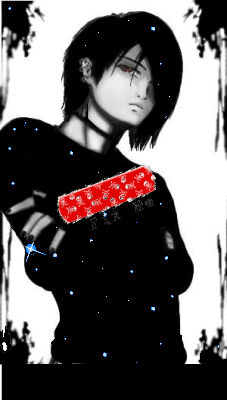




.jpg)












































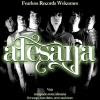






















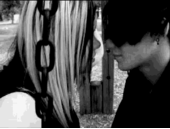









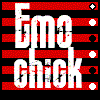


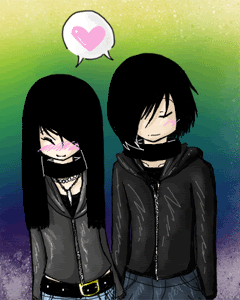
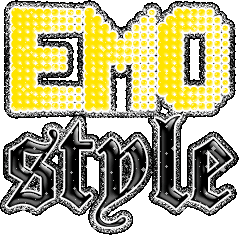
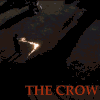






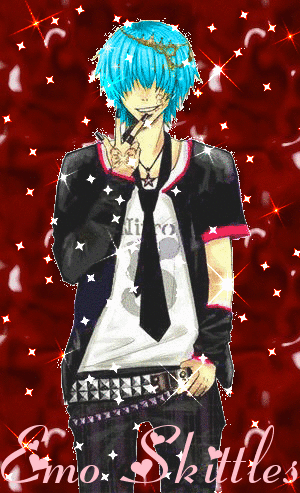






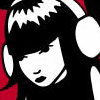


Niciun comentariu:
Trimiteți un comentariu
Disclaimer:
Use words as more decent and not incite hatred or discrimination in any opinion is welcomed Blog is limited sense!